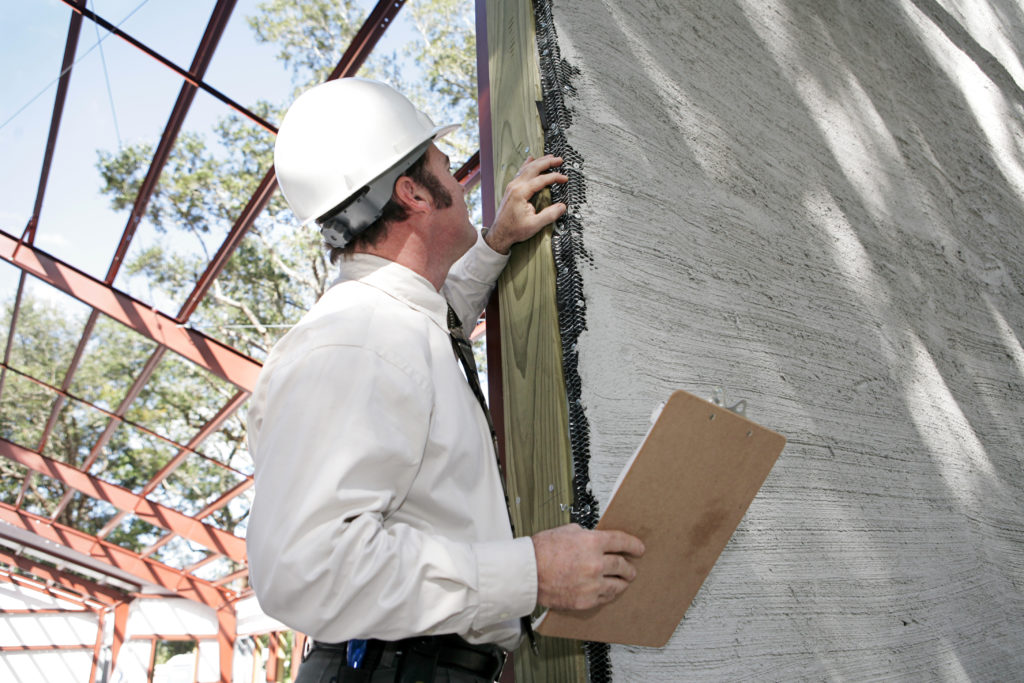
If you undertake building work on a property then it is likely that you will be required to comply with building regulations requirements. The purpose of the building regulations is primarily to ensure the health and safety of people who occupy or use the building although increasingly they are also being used to impose minimum standards of energy efficiency.
The building regulations regime is controlled either by the local authority building control department, approved private sector inspectors or self-certified contractors. A person who intends to carry out work which requires building regulations approval will have to either submit lodging plans with the relevant inspector for approval or submit notice of an intention to carry out work. The building control officer will then inspect the work as it progresses and will sign it off once complete.
One question that often arises is whether the inspector can be liable for any defects in the building work that they fail to identify during site inspections. This was the issue that arose in the recent case of “R (Gresty and another) v Knowsley Metropolitan Borough Council” [2012]. In this case the builder carried out work that was defective, failed to comply with Building Regulations and required considerable remedial work. They sued their builder but were unable to recover any money from him due to his financial circumstances. They therefore made a claim against the council alleging that their inspector had failed to perform his building control functions properly by not identifying the defects. This argument was rejected by the court who said that there was no duty on the council to ensure compliance with Building Regulations.
The position may be different where an independent approved inspector is used. In that case, the inspector is privately engaged under a contract of appointment. This may give rise to a contractual obligation on the part of the inspector to act with reasonable skill and care. Whilst an approved inspector will try and limit their contractual responsibility to try and mirror the immunity offered to local authority inspectors, the effectiveness of such exclusion clauses within a contract of appointment may be limited by consumer rights legislation.
In fact, a letter from the Department for Communities and Local Government dated 21 December 2012 states
“..an approved Inspector must have professional indemnity insurance approved by the Secretary of State. This indirectly protects clients and others who may be adversely affected by any negligence on the part of the Approved Inspector, by ensuring that, subject to the limits on cover, the Approved Inspector has the financial resources to comply with any award of damages or out of court settlement.”
It may seem unfair that the local authority cannot be sued for failing to identify defects in work which their building control officers have inspected. However, the position may be different where an approved inspector is used and therefore potentially there is some advantage to a client in using an approved inspector.
Jim Gorrod is a partner and heads up our construction team. He is a specialist in construction law and has been recognised in national independent legal directories as a ‘leader’ in this field. If you have any queries regarding construction please call 01392 210700 or email drx@stephens-scown.co.uk.
